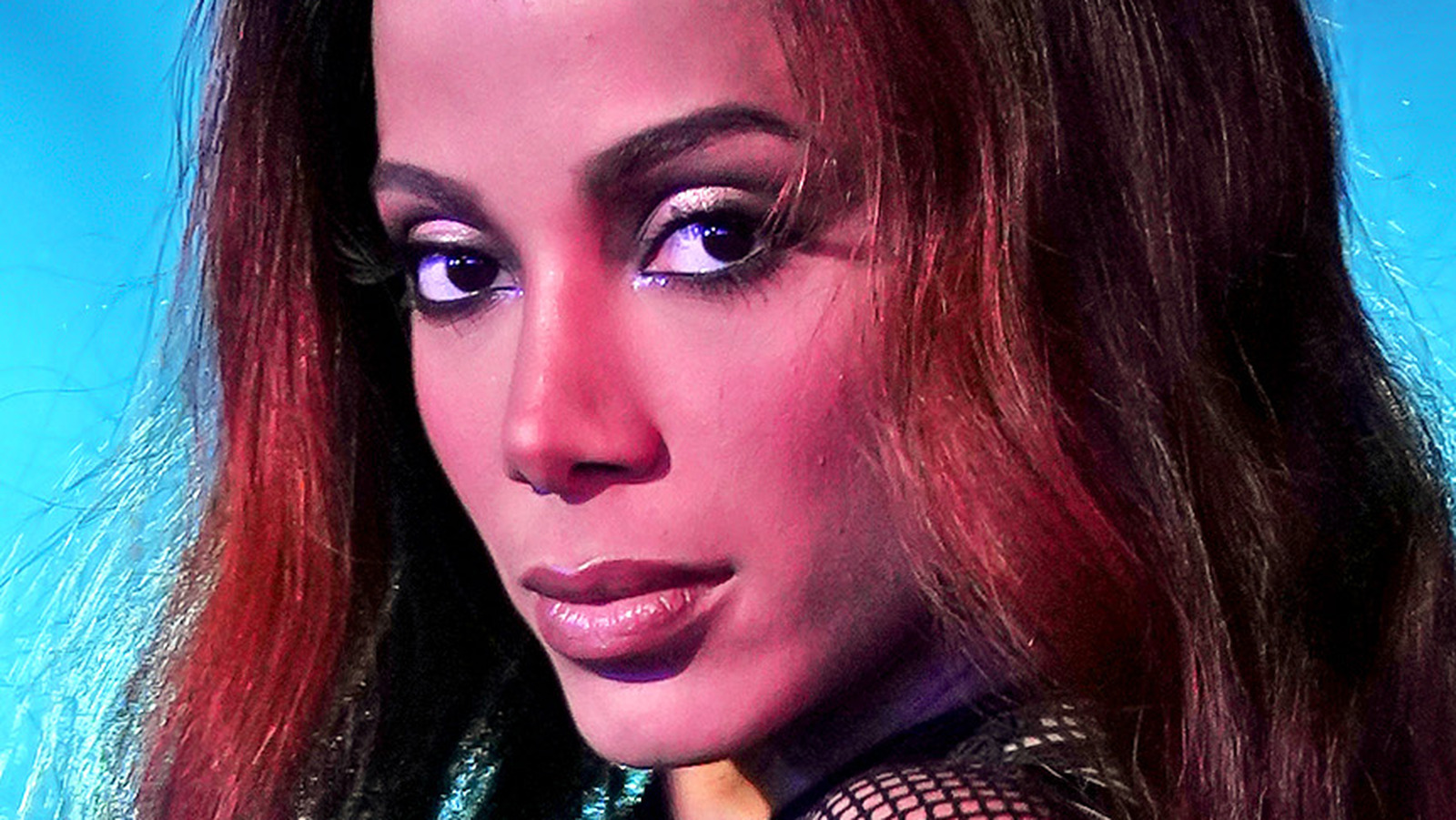
The funk beats that bump in the background to Anitta’s hit tracks are the same melodies that many Brazilians have sought to criminalize. In 2017, a bill was introduced in Brazil that likened the rhythmic rap-driven music to a “Public health crime of this ‘false culture’ called funk,” as per BBC News Brasil. Anitta, who started her career in the funk dances that dominate the favelas, says the music genre is inherently a part of Brazilians’ everyday reality. “If you want to change funk or what is being talked about or the way it enters society, then you have to change the root, the educational issues, the issues that make up funk,” she shared.
Popular Brazilian artists, like L7nnon and Filipe Ret, who have both collaborated with the “Envolver” singer, built successful careers rapping about their rags-to-riches stories. Funk music, though largely marginalized, was the music genre available to kids growing up in Brazil’s poorer areas. “People were just singing their reality. So, for you to change whatever we were singing… you need to change our reality first,” the singer told NPR.
Read Related Also: AI Chatbot: 'I Want to Destroy Whatever I Want'
Anitta has embraced her funk background, infusing it with pop to make it more mainstream. Her hit track “Girl from Rio,” celebrates her Brazilian heritage with the lyrics, “Where I’m from, we don’t look like models / Tan lines, big curves and the energy glows.” Anitta took it even further when she brought the Brazilian favela to the Coachella desert, complete with a stage set showcasing the same ghettos in which the star got her start.







